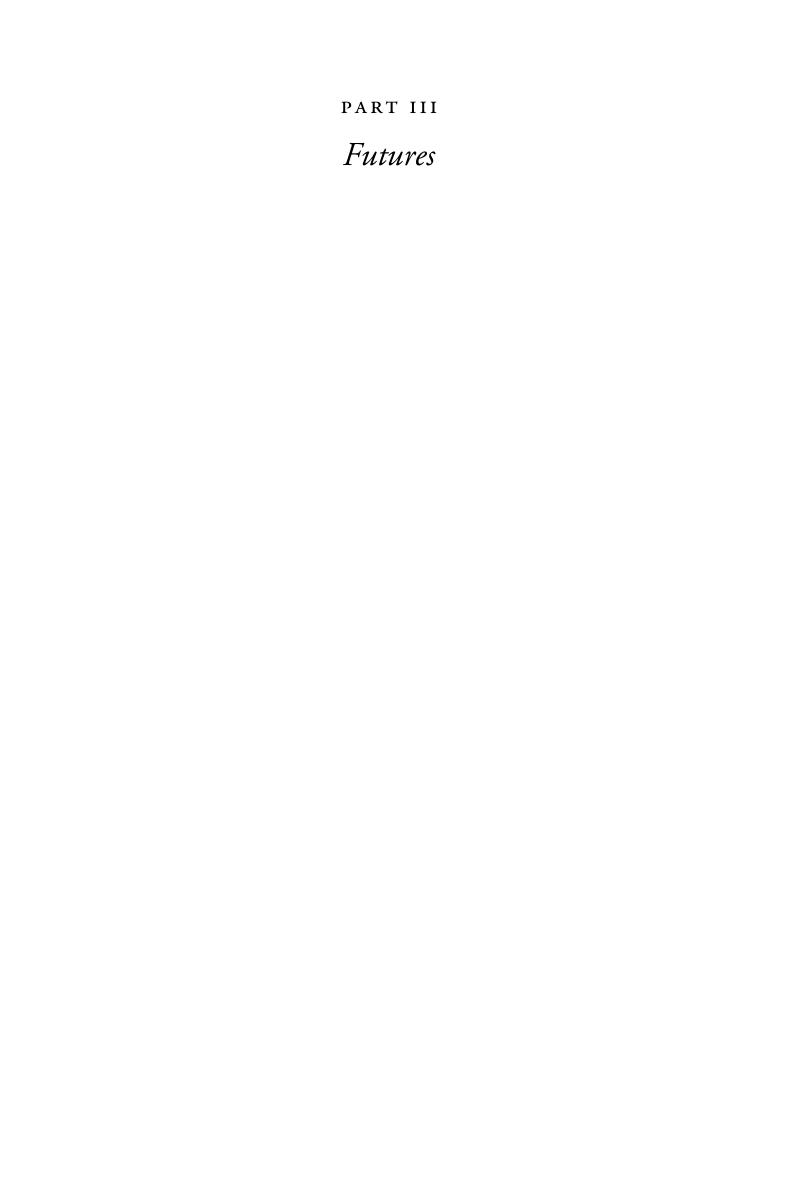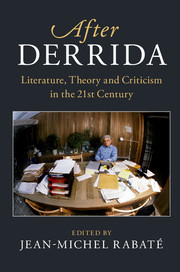Part III - Futures
Published online by Cambridge University Press: 11 May 2018
Summary

- Type
- Chapter
- Information
- After DerridaLiterature, Theory and Criticism in the 21st Century, pp. 159 - 225Publisher: Cambridge University PressPrint publication year: 2018



